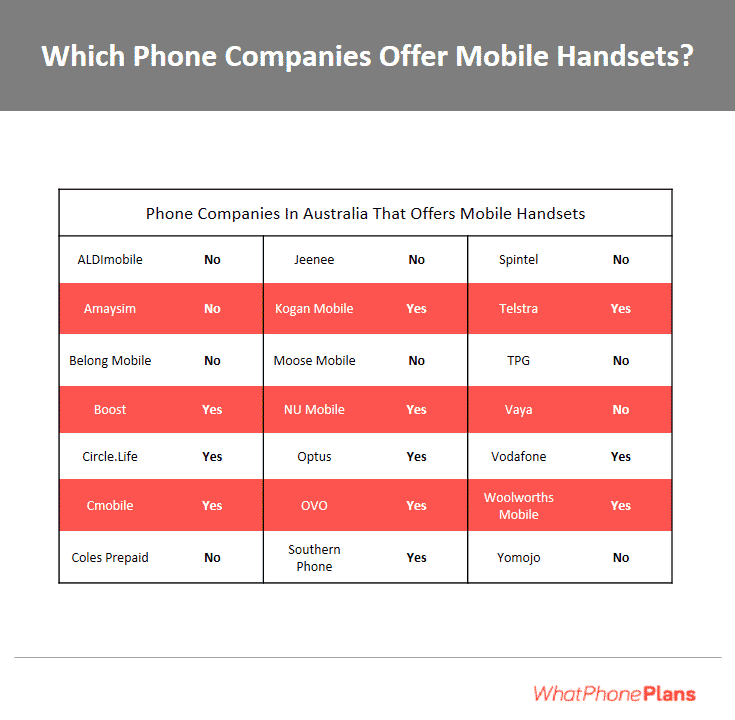A close look at phone plans
Smartphones are essential to today’s generation. They aren’t primarily for calls and text messages any longer, these devices serve as mini computers with internet access. In order to take advantage of the many functions of today’s mobile handsets, one would need a phone plan in addition to the smartphone.
Phone plans are provided by telecos — they grant paying subscribers access to services on the telco’s network. These services could range from an active call, text, or data plan, which are often bundled together. Voice plans cover incoming and outgoing calls, text plans cover text (SMS) and multimedia (MMS) messaging, and data plans cover any and all forms of activity that require an internet connection where WiFi isn’t available.
Australian telcos that offer smart phones.
Phone plans can also refer to contractual agreements between a telco and a subscriber in which the former provides the latter with a mobile handset and a SIM plan. Both products are then paid off in installments over a period of time; usually 12 to 36 months.
Are there any benefits in getting mobile handsets from your telco?
If you’re considering getting a handset from your telco, you can expect the following benefits:
- Frequent software updates — With numerous smartphones — particularly android devices — software updates are carried out by the telco as opposed to the phone manufacturer. If you opt to purchase your phone from these operators, you can expect to be up to date on all software-related products and services.
- Ease via carrier — Many customers prefer dealing with their mobile carriers as opposed to their phone manufacturer when they are faced with a product or service-related Dealing with your telco alone, as opposed to dealing with your telco and your phone manufacturer because your handset was purchased separately, makes for an easier experience when dealing with hardware and service issues.
- Premium features — When you purchase your mobile handset from a telco, you can access special features on the device. This is often predominant with android phones, where certain features are only available if bought from a telco.
- Bonus SIM plan — One of the biggest benefits of phone plans are their combination of device and SIM Alongside smartphones, many telcos offer subscribers SIM plans. These plans come in the form of voice, text, and data bundles and are available throughout the contract period for the smartphone.
What are the pros of buying handsets with SIM plans?
There are numerous advantages of buying handsets with SIM plans. Some of them include:
- Cost reduction — Essentially, subscribers can reduce their monthly phone bills by procuring handsets with SIM plans. This can be subjective, however, as many customers exceed their allocated text, voice, or data plans and incur overage fees.
- Installment payment plans — By buying a handset with a SIM plan, you can spread the payments of both the device and phone plan across a 12- to 36-month period.
What are the cons of buying handsets with SIM plans?
There are also many negatives to purchasing handsets with SIM plans from your telco:
- Lock-in contracts — These are the chief disadvantage of buying handsets with SIM plans from your telco. ‘Locked’ devices can only function when connected to the network of the carrier they were purchased That is, if you buy a device from Optus, for example, under a lock in contract, you can’t use any other service provider’s SIM plan for that device besides Optus. This limits you to just one network provider per mobile device.
- Credit checks — Often times, telcos carry out credit checks on those seeking to buy handsets from them. Should you be found wanting, you won’t be able to purchase the device from the telco, or you might not get a good contract offer.
Final words: Should you buy handsets from your telco?
Deciding to buy a smartphone from a telco is a personal choice. Buying a phone from a telco has many advantages as well as disadvantages. In the end, the choice should depend on your needs and your perception of value.
Sources
